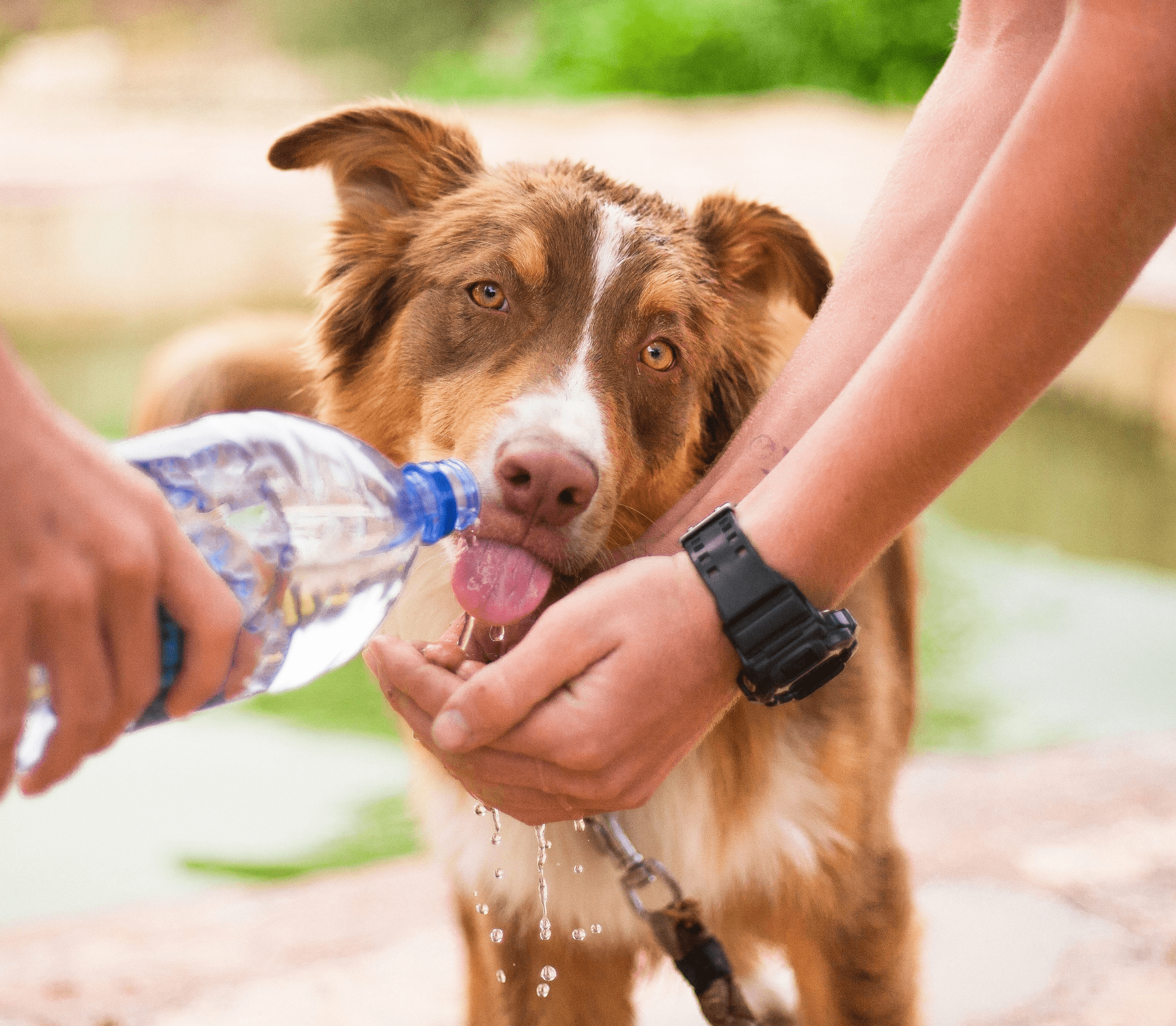Preventative Pet Care 101
It’s far easier to avoid a problem in the first place rather than deal with it after the fact—that’s the idea behind your pet’s preventative healthcare regimen! Here, your Hyattsville, MD veterinarian goes over the basics of preventative care for your dog or cat.
Pest Control
Pest control is important all year round, but especially so in the warmer months. Make sure your pet is guarded against the dangers of fleas, ticks, mosquitoes, and worms. For most pets, a flea-and-tick preventative and a heartworm medication should ward off all the pesky critters that could cause harm; if your pet isn’t already set up with these medicines, call your vet’s office today.
Vaccination
Distemper, influenza, parvovirus, Lyme disease, rabies, hepatitis… the list of dangerous diseases that can harm our pets goes on and on. The trick is having your pet properly vaccinated early on in life, and having those vaccinations remain effective over time with booster shots. Talk to your veterinarian if your pet needs vaccinated; it’s one of the best things you’ll ever do for their health and happiness!
Spay and Neuter
Did you know that spaying or neutering your pet early on in life is an essential step in preventative healthcare? That’s because spaying and neutering doesn’t just prevent unplanned litters—it eliminates the risk of various cancer types, and makes urinary tract infections and other common ailments far less likely. Overall, it’s a great way to keep your pet healthy for a lifetime!
Diet and Exercise
One of the simplest but most effective preventative healthcare measures is diet and exercise. Make sure your pet is eating a high-quality, nutritionally balanced food that suits their size, breed, and age. Coupled with regular exercise via brisk walks and play sessions, your pet’s body will stay in tip-top shape for years on end! Consult your vet for a recommendation on a good diet choice if your pet needs an upgrade.
Veterinary Checkups
Veterinary checkups are another key part of your pet’s preventative health routine. That’s because when your veterinarian sees your pet regularly, Fido or Fluffy’s health can be monitored over time. Any health concerns can be caught early and treated effectively, and your vet can offer recommendations for quality care moving forward.
Is your animal companion in need of pest-control medications, vaccinations, or a checkup? We’re always here for you. Schedule an appointment with your Hyattsville, MD vet today!



